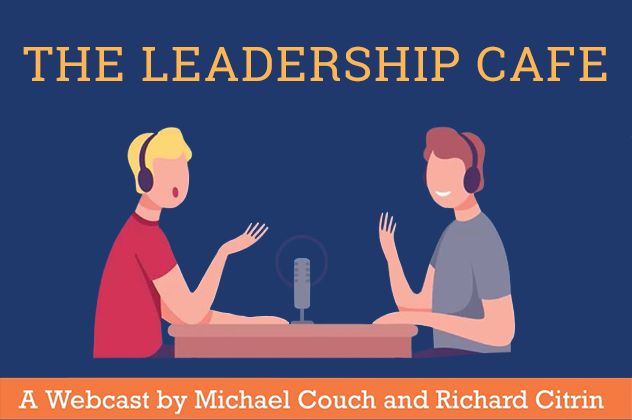A neighbor returned from a holiday last week, telling a story that he ran into an old friend who invited him to take a walk. During the conversation, his friend shared that he knew they differed on their perspective of the recent Supreme Court decision on Dobbs v Jackson Women’s Health Organization. His friend asked him to listen to his viewpoint regarding abortion/right to privacy, and my neighbor complied. Their conversation was cordial and concluded with a better understanding for each other’s position on this complicated social issue.
It will be 21 years next Sunday since the attack on our nation occurred at the World Trade Center, The Pentagon, and on the ground at Shanksville, PA, and in the hearts of every American. For centuries, we believed we were protected from these kinds of events by the oceans, only to discover that we are vulnerable to evil anywhere
As I discuss in my presentations, 9/11 began the modern resilience movement. That day changed how our governments, at all levels, and businesses, recognized our vulnerability and moved to build resilience into our infrastructure and systems. The Federal government established the Department of Homeland Security, providing everything from TSA plane screenings to a nationwide crisis communication system. Local governments beefed up preparedness for natural disasters. It meant redundancy of information technology capabilities and creating business continuity plans for businesses.
One of the more unfortunate results of that horrific day is how little it has contributed to our psychological resilience. Following 9/11, we seemed to be a nation unified in the belief of the strength of our democracy to overcome even the most significant type of adversity. We were helpful to others, found common linkages, sacrificed in whatever small way to help each of us, and listened with a caring ear to how we each experienced that day.
While we’ve made significant gains in our operational resilience, it seems like we’ve lost any improvements to our national mindset regarding national personality. Today, we are more divided and uncertain about the future of our democracy. Regardless of what side we are on, politically, we view our counterparts as being out of touch, disrespectful, and contributing to the nation’s downfall.
My neighbor’s ability to listen and be understanding was an excellent step to understanding his friend better and, perhaps, more importantly, letting his friend know he was heard.
We all want to be understood, and that is an excellent way to build resilience among each other
© Richard Citrin 2022
